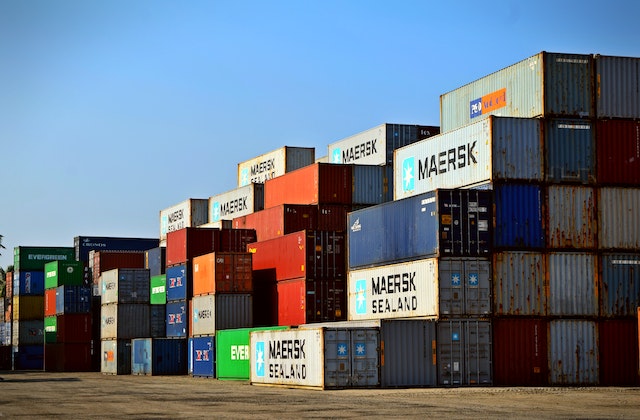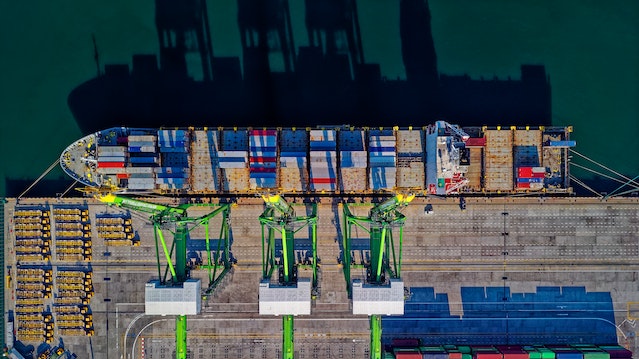
Challenges Of UK Logistics Companies Across the Eurozone
Many logistics businesses in the UK encounter a range of obstacles while conducting operations within the Eurozone region.
Brexit is often blamed and seen as the main culprit due to the changes that companies have had to make when doing business in the EU. But there are multiple factors that, combined, have led to problems and issues for companies based in this country:
1. Supply Chain Disruptions

In recent years, supply chains have been disrupted by a variety of factors including the pandemic, material shortages and rising costs. This, in turn, has had a knock-on effect on logistics companies.
2. Skills Shortages and Talent Drain
While supply chain manager roles have increased, there continues to be a lack of talent across the board of logistics due to workers looking for increased wages, opportunities elsewhere and rising demand.
3. Geopolitical Instability
Like Brexit, the ongoing conflict in Ukraine has led to a huge number of shortages and price increases, disrupting the operations of many UK-based logistics companies.
4. Complex Trade Rules
Individual countries across the EU often have their own set of rules and regulations to follow when it comes to trade and transporting goods across the continent. The additional paperwork has proved challenging and complex for many businesses.
That’s why it’s important for logistics companies to seek professional advice from a local solicitor to help navigate international laws relating to business.
5. Rising Transportation Costs and Regulatory Hurdles for UK Freight
The complexities surrounding EU regulations have increased UK freight costs due to the time needed to carry out the paperwork and the unwillingness to complete cross-border export trips.
6. Extended Lead Times

Due to the increased regulations and EU companies re-routing to Ireland to avoid further delays and hold-ups, the lead times on goods and materials from mainland Europe have increased dramatically. This causes frustration for drivers, logistics managers and the traders themselves.
7. Coping with Staff shortages
Along with a lack of drivers further perpetuating the above issues, the industry is also seeing a lack of customs experts. These are needed to coordinate cross-border movement with language skills in high demand.
Negative news and reports surrounding the challenges that logistics companies are facing is also deterring skilled workers from entering the profession and, instead, they are choosing to look elsewhere.
While it remains to be seen whether the situation is likely to improve, there are some signs that suggest the worst could be behind for UK logistics companies.
With the wider move to digital, there will potentially be a huge reduction in the amount of paperwork needed. And as a wider selection of varied job opportunities opens up within the sector, skilled talent could once again be attracted to the profession.
Trending
-
1 SEO Mistakes That Could Be Costing Your Shopify Store Sales
Daniel Hall -
2 Strategies for Safeguarding Assets and Investments
Daniel Hall -
3 The Role of PR Firms in Crisis Management and Damage Control
Nitish Mathur -
4 How to Make Appealing Visuals for Your E-commerce Store
Daniel Hall -
5 The Competitive Landscape of Low-Cost Carriers in Belgium: TUI Fly Belgium’s Position
Daniel Hall





Comments